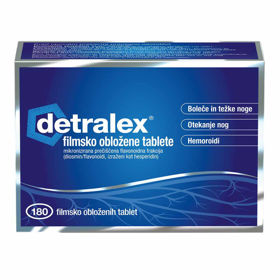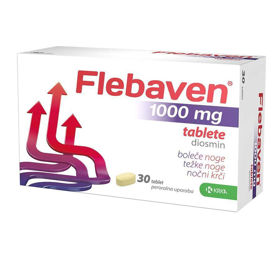Customer question:
What are lymph glands? Can they get clogged?
Pharmacist's response:
Lymph glands are the first line of defense of your immune system, as they protect you from bacteria or viruses that can make you sick in some instances. You have hundreds of small, round, or bean-shaped glands all over your body. Most of them are scattered, but some are found in groups in a few more significant places, for example, on the neck, under the arm, and in the chest, abdomen, and groin.
You may feel some lymph glands in these areas as tiny bumps. This is because lymph nodes are also part of your lymphatic system. Together with the spleen, tonsils and adenoids help you fight against diseases and possible infections.
How do they work?
Lymph nodes are connected by lymphatic vessels (these are vein-like tubes that run through your body) and carry lymph fluid. As the fluid flows through the lymphatic system, cells called lymphocytes are also activated, which help protect the body from harmful microbes.
There are two types of lymphocytes - B-lymphocytes (or B-cells) and T-lymphocytes (or T-cells).
- B-cells make antibodies that attach to harmful germs and tell your immune system to eliminate them.
- T-cells perform a couple of tasks. Some kill microbes, while others target immune cells. They tell your body when to make more of some types and less of others. Memory T-cells remain dormant after infection and become active again when faced with the same condition.
Lymph fluid also transports proteins, waste, cell debris (whatever remains after cell death - apoptosis), bacteria, viruses, and excess fat, which are filtered by the lymphatic system before being reabsorbed into the bloodstream.
Swollen lymph glands
When an illness or infection sets in, your lymph glands can become visibly swollen - this usually only happens in a particular area. This is also a visible sign that an increased amount of lymphocytes is working in the body as usual, which you can most often see in the bulging glands in the neck area. Therefore, during the examination, the doctor often feels the site under your jaw and checks whether these glands are more significant than usual or more sensitive.
Many things can cause swollen lymph nodes. Any infection can trigger it, including a cold or flu, an ear infection, sexually transmitted diseases (usually inguinal), shingles, tuberculosis, or a dental abscess. Sometimes drugs such as phenytoin (used for seizures) or drugs to prevent malaria can also cause swollen lymph nodes.
Detralex is intended to treat symptoms of chronic venous disease, lymphedema, and acute hemorrhoidal diseases in adults.
Interesting reading: Stick legs
Interesting reading: Swelling of the leg - CAUSES











